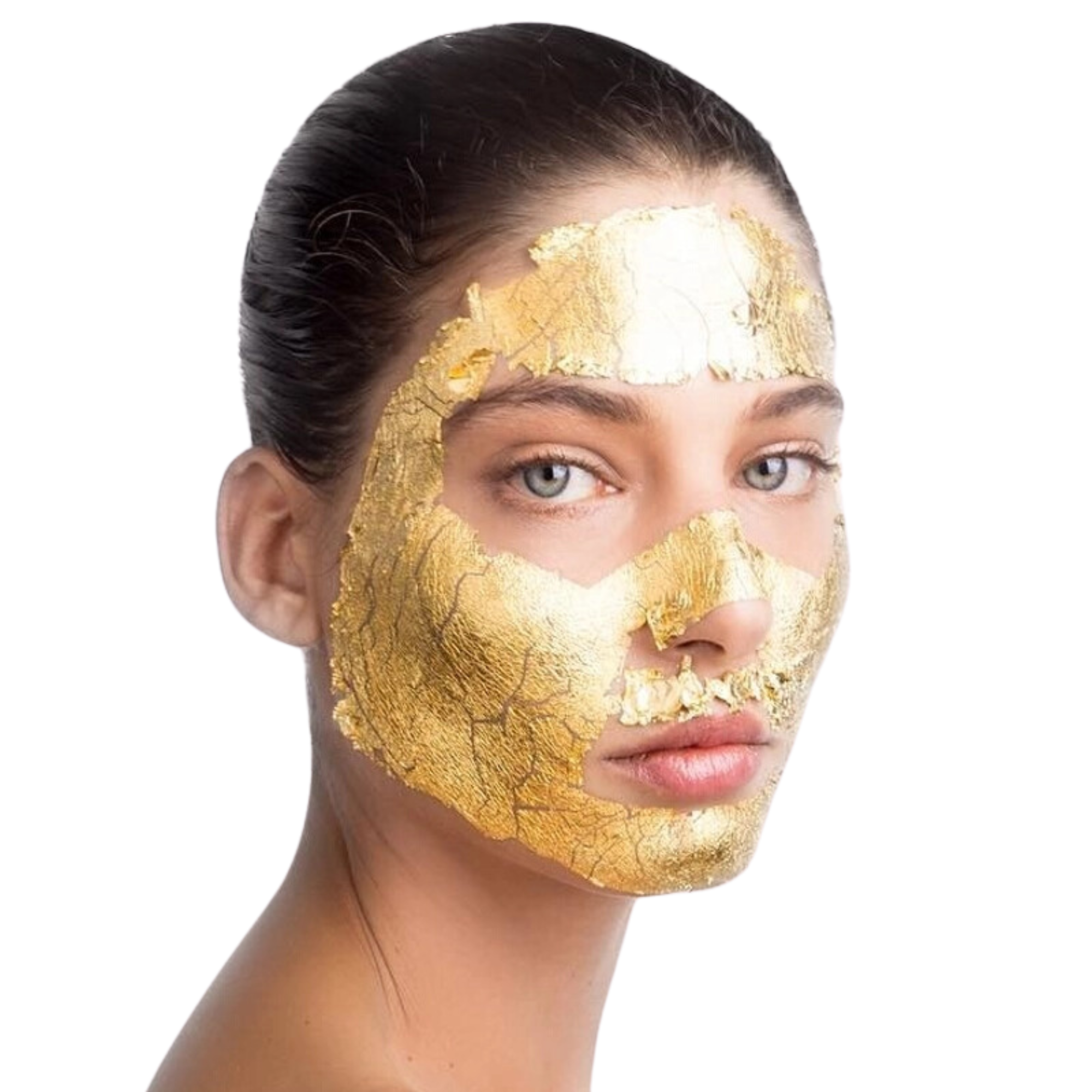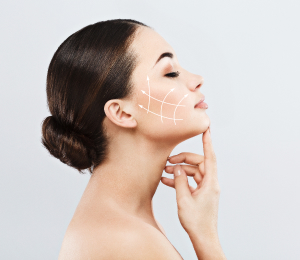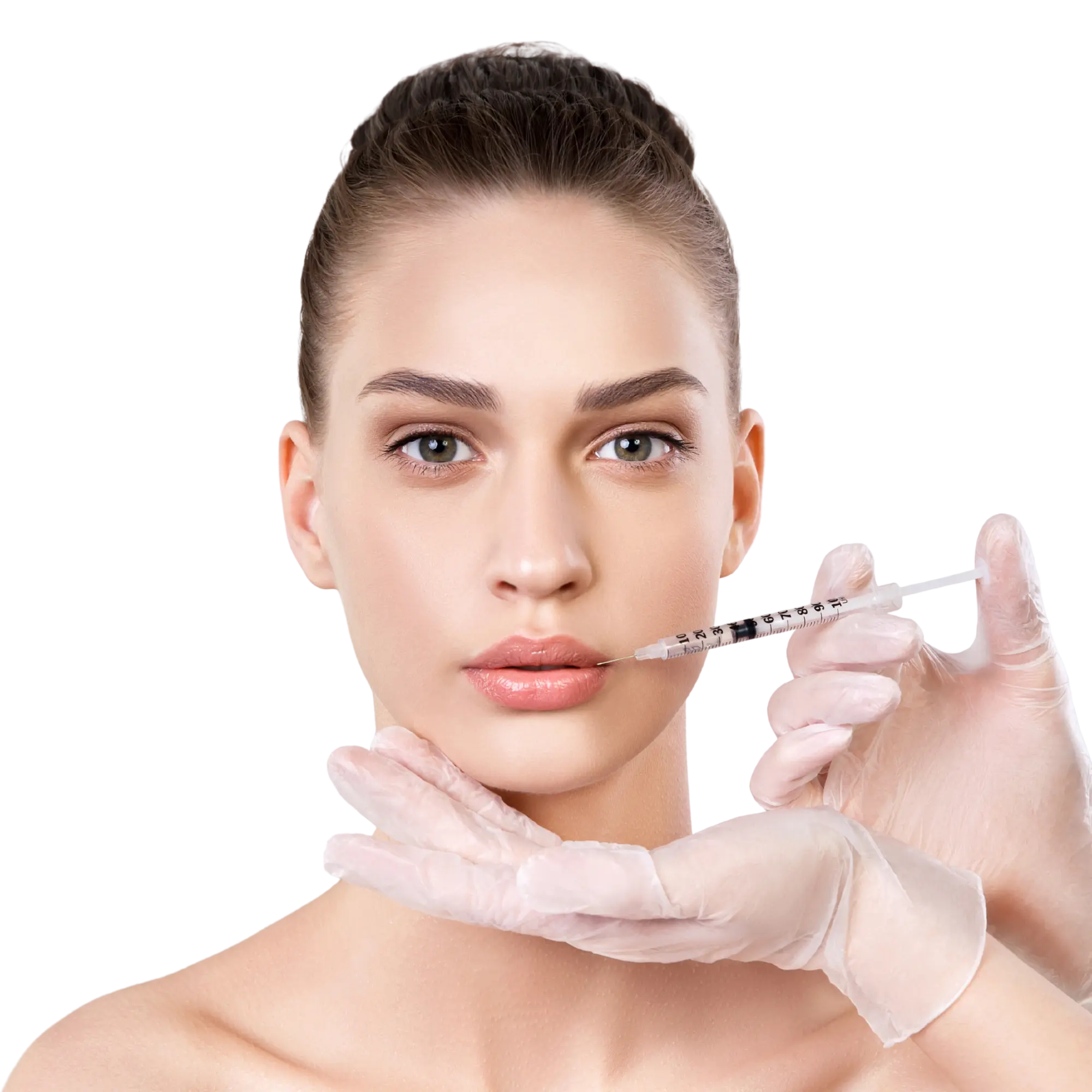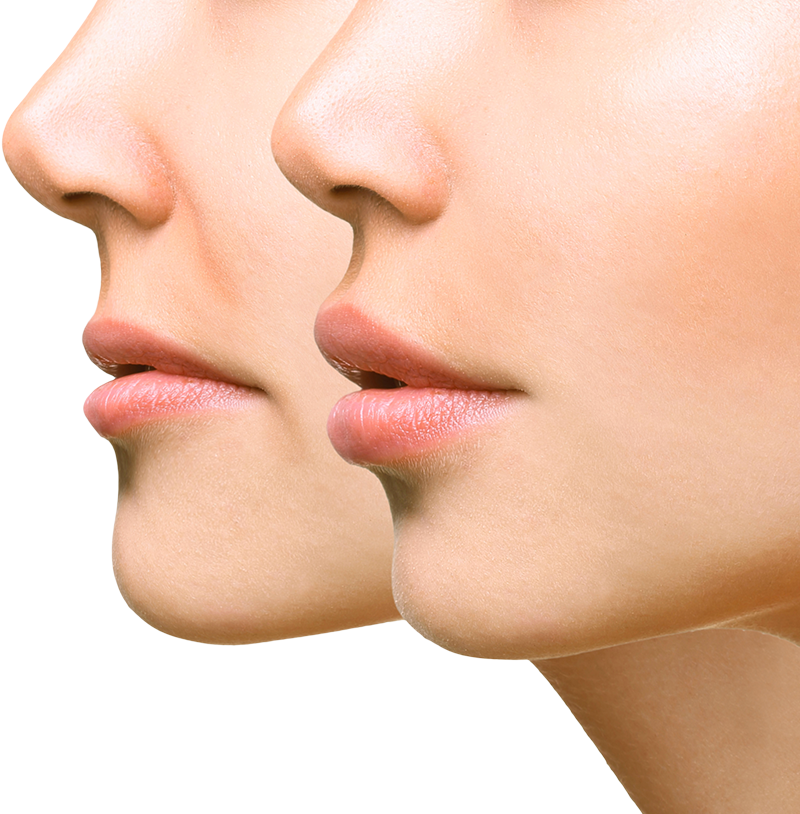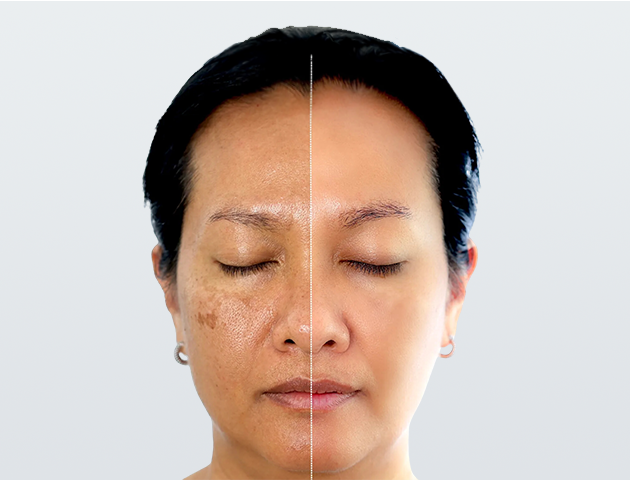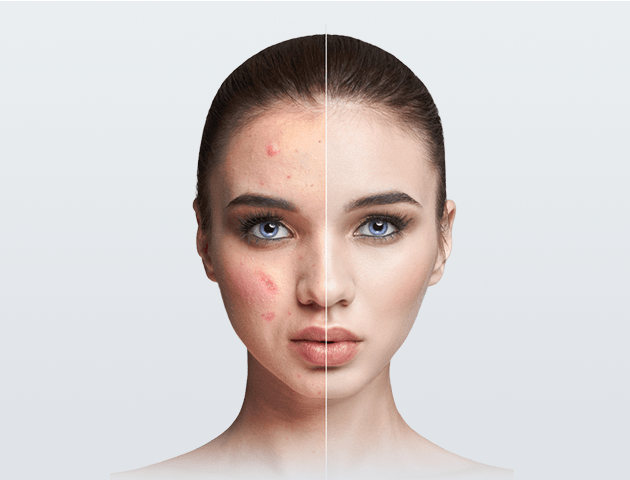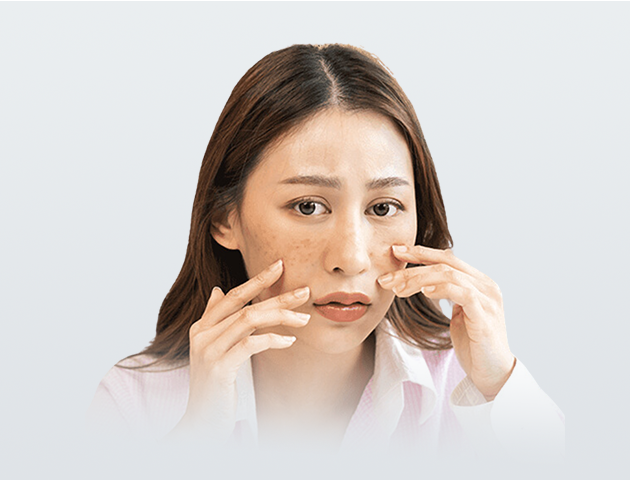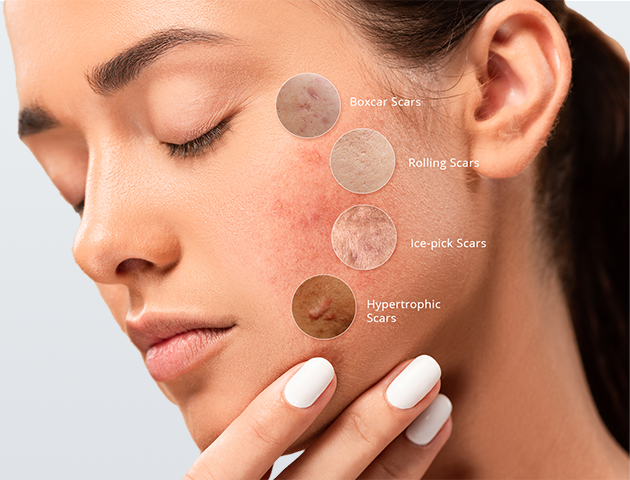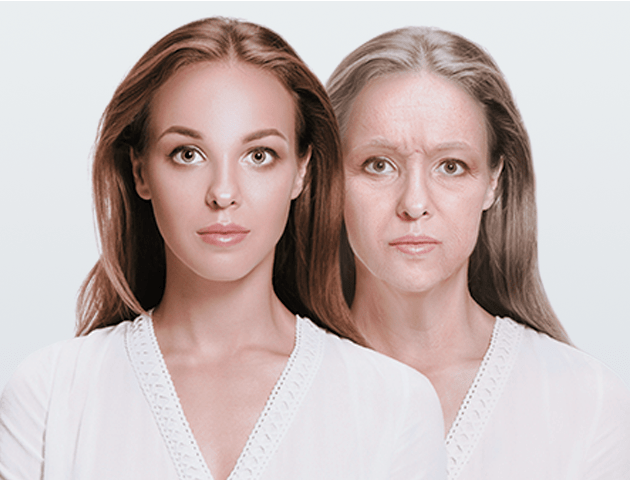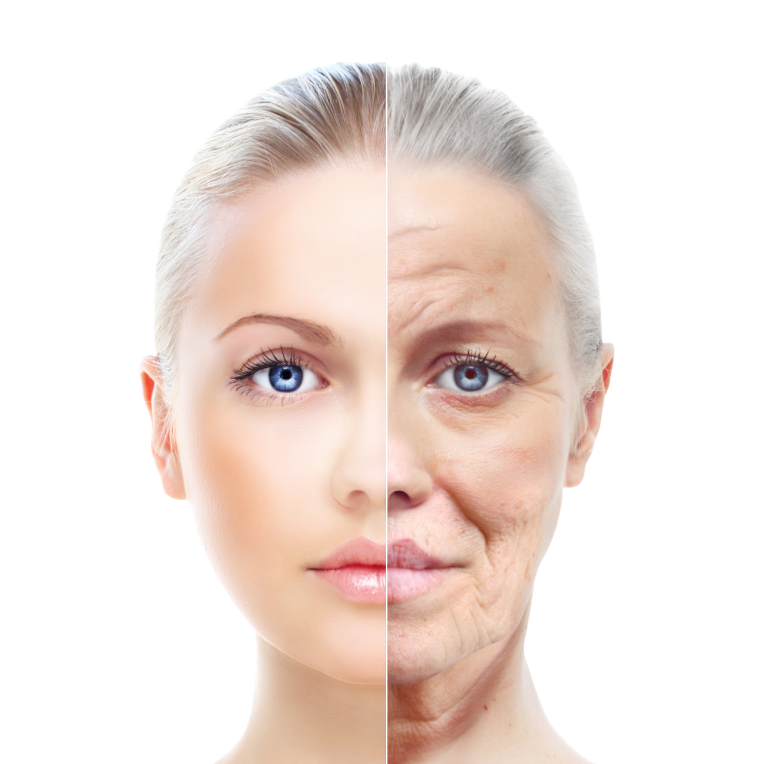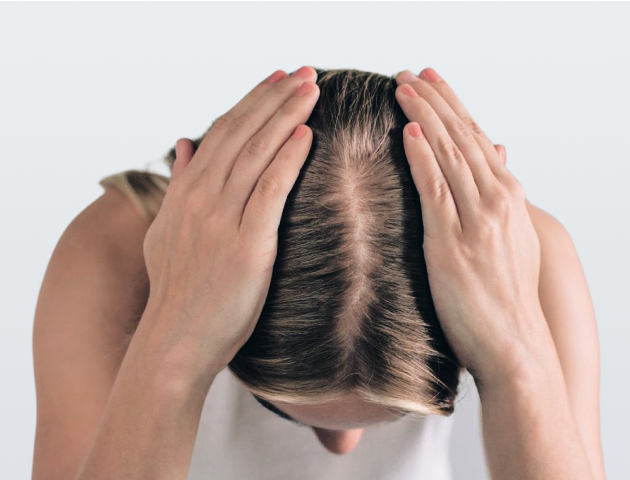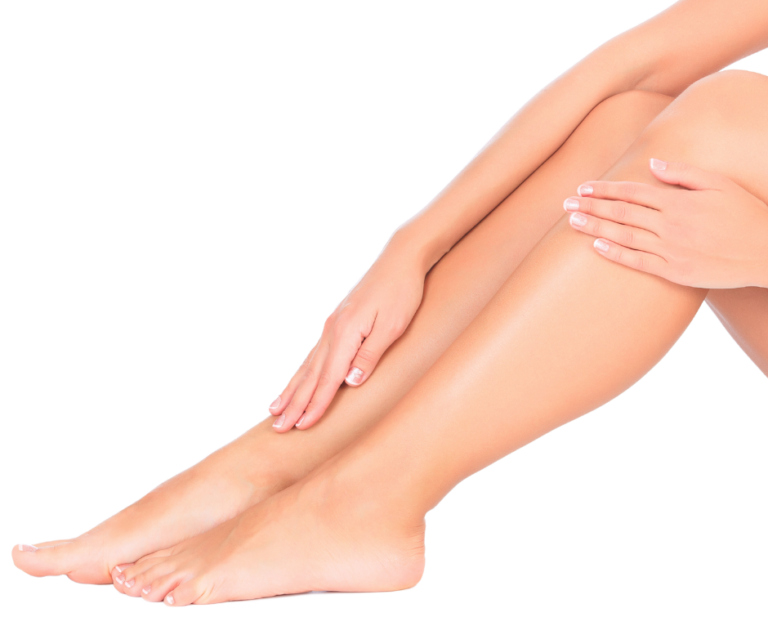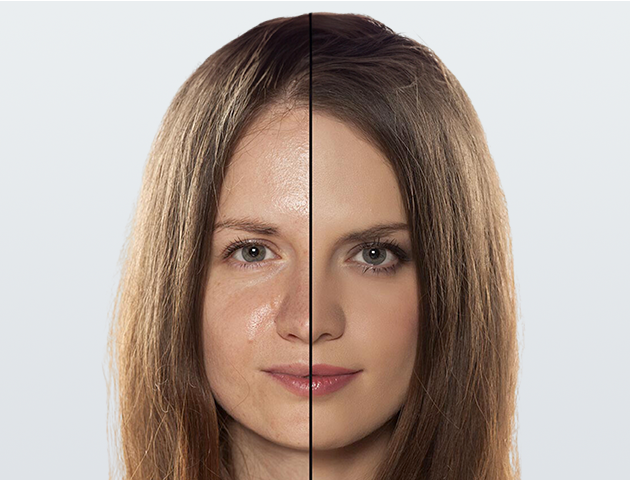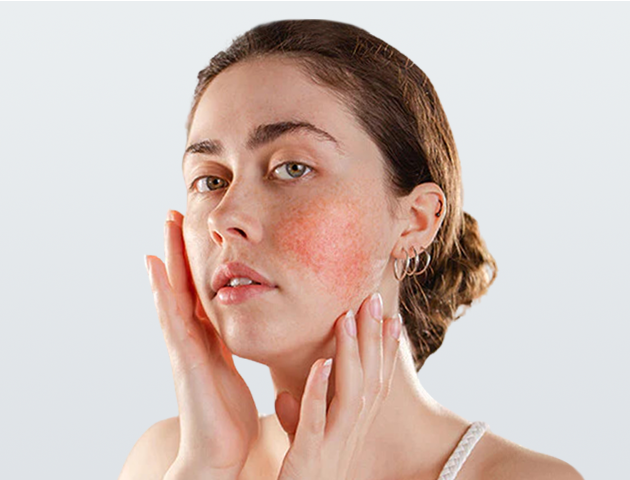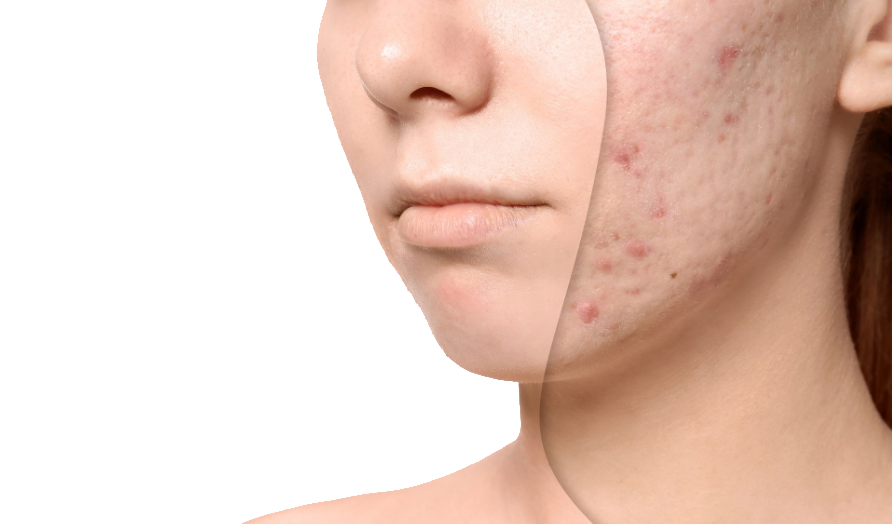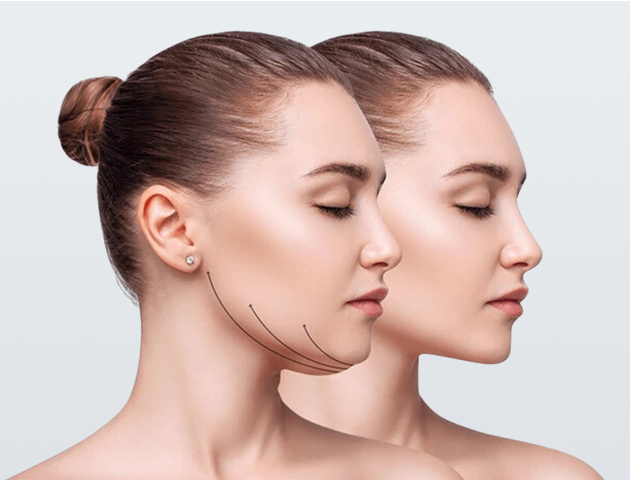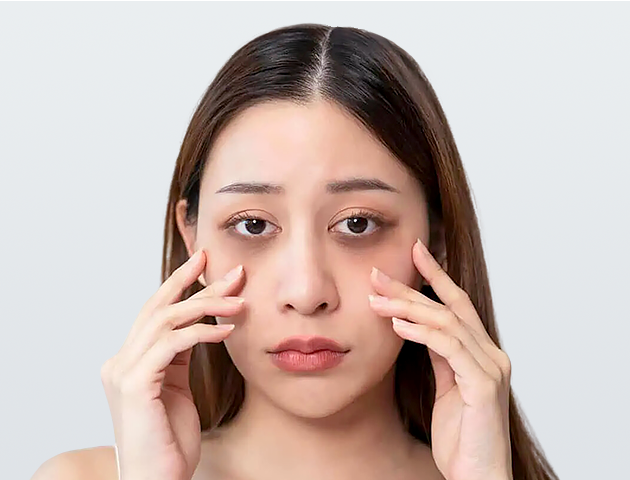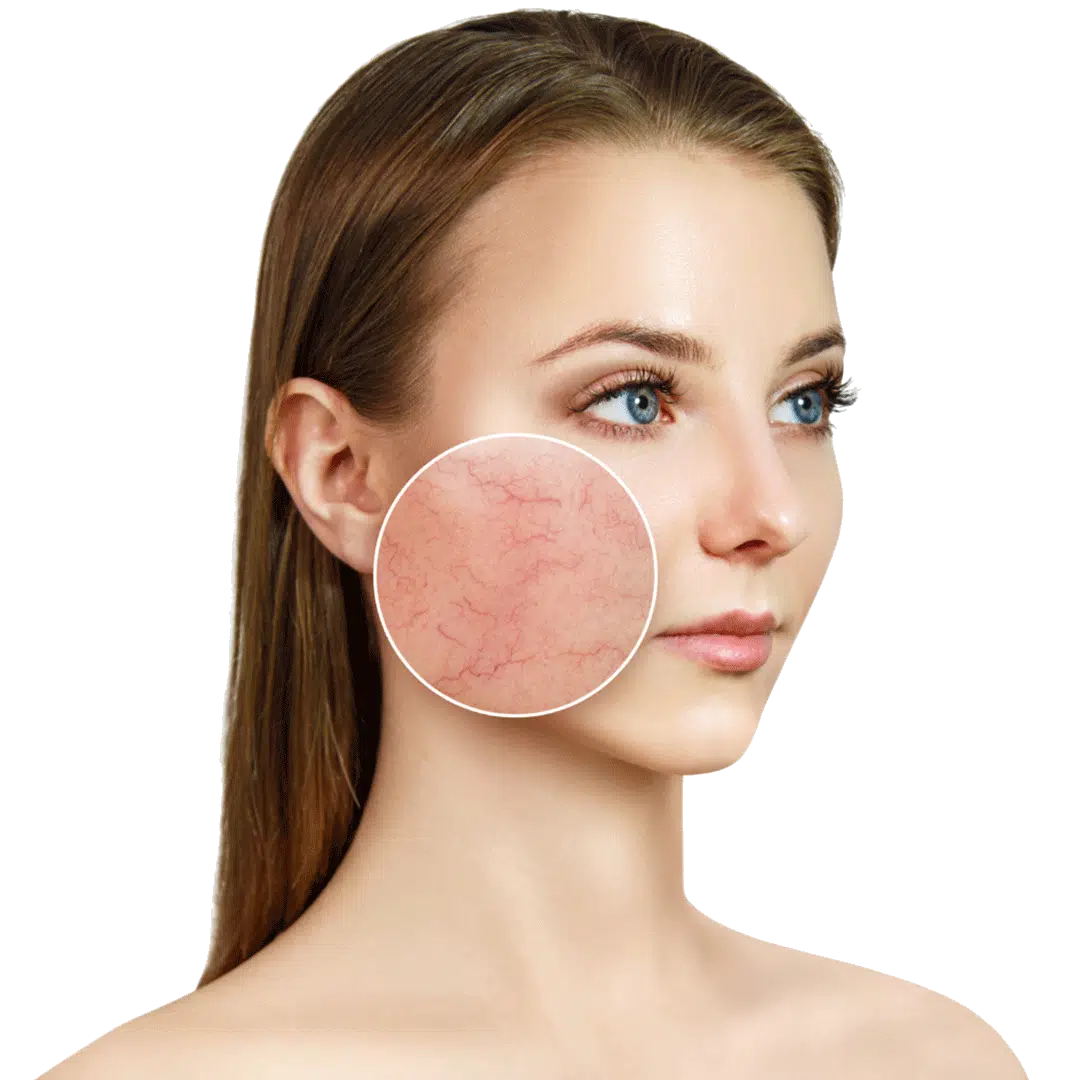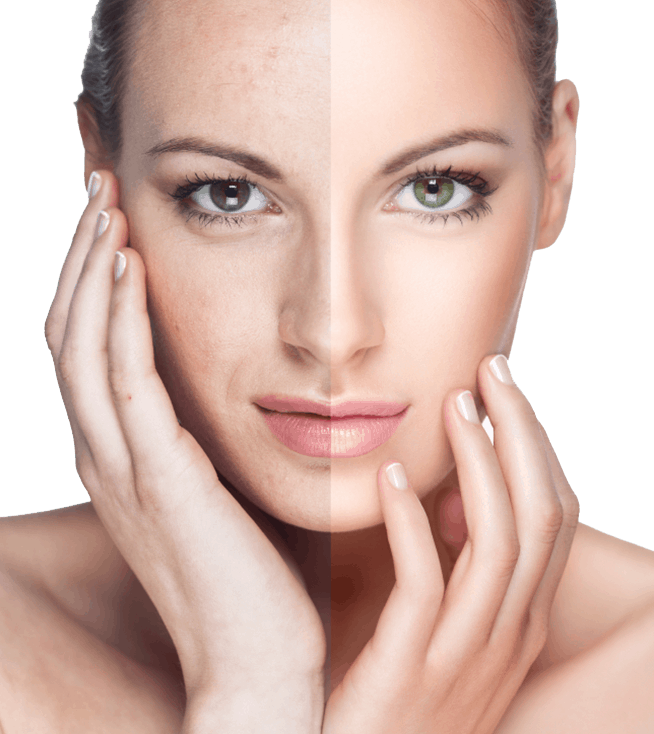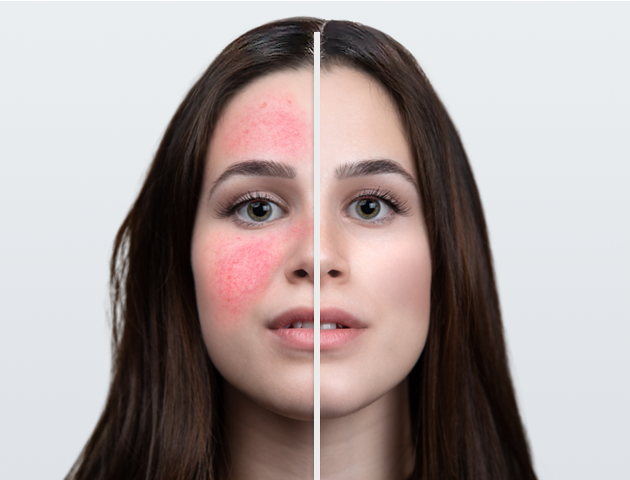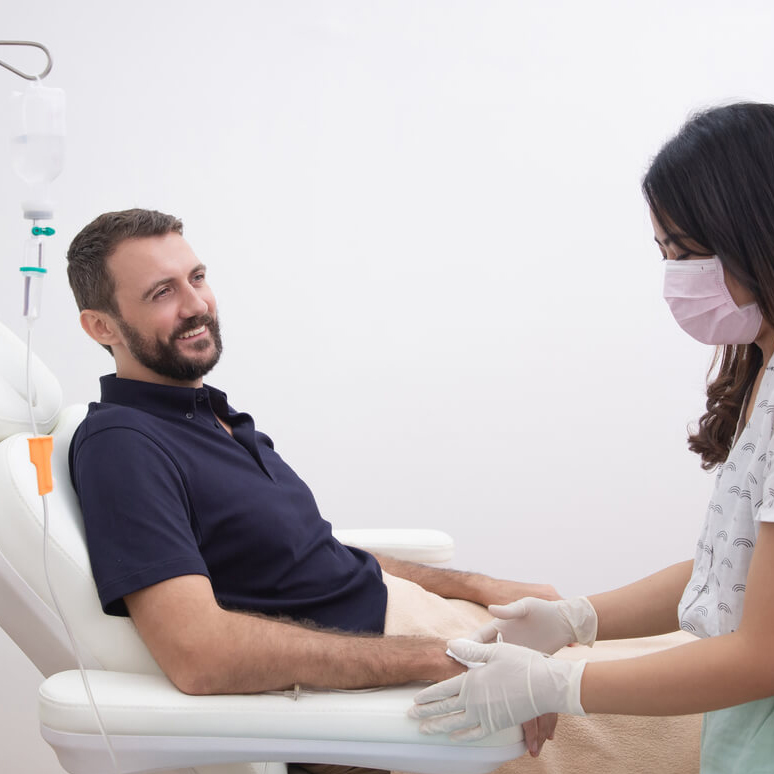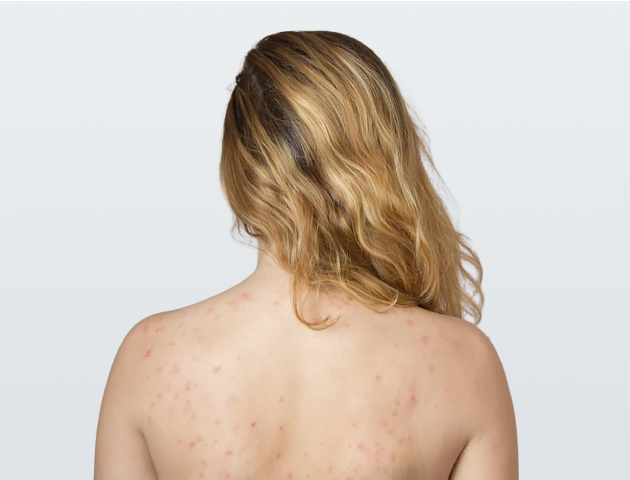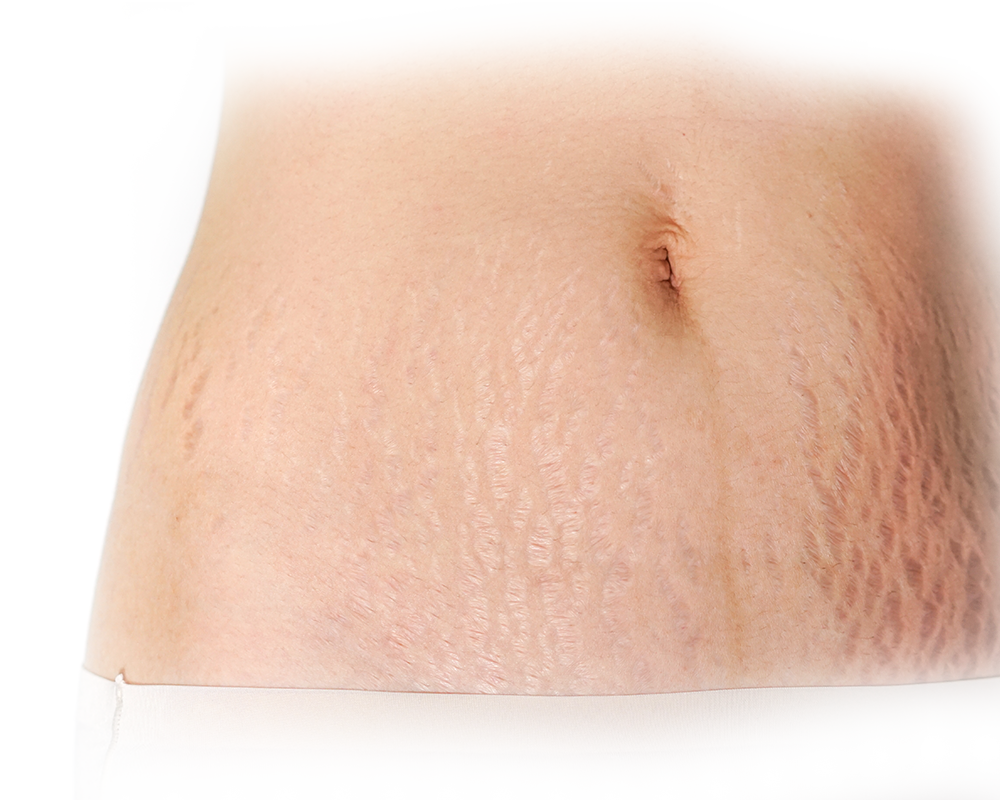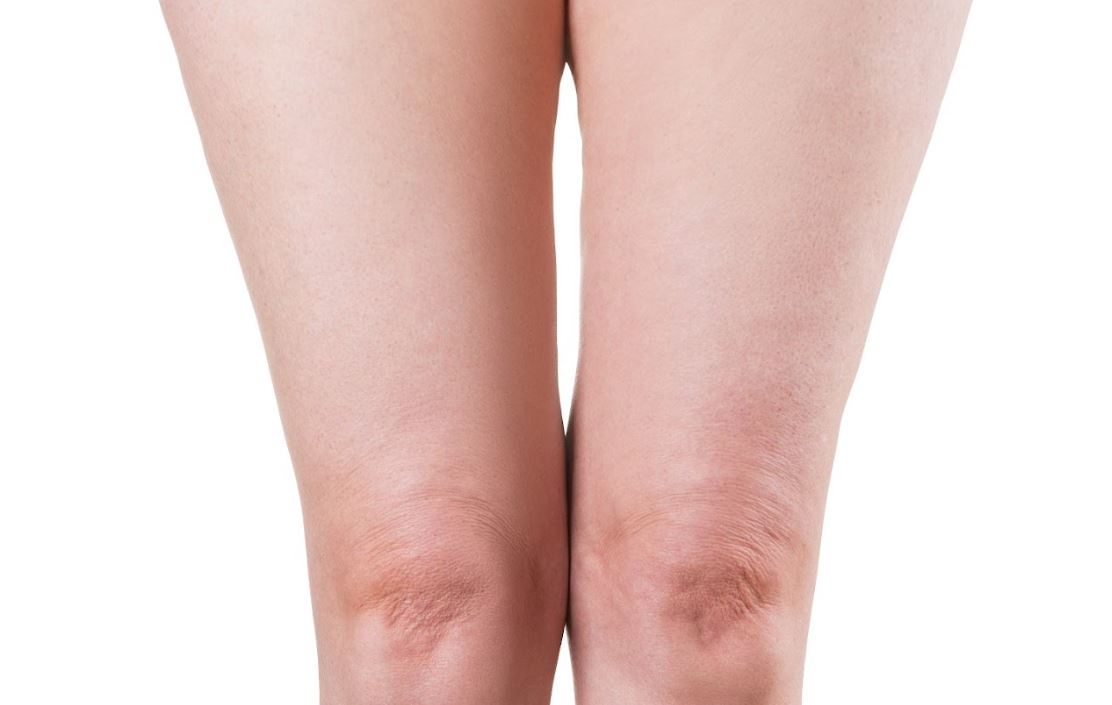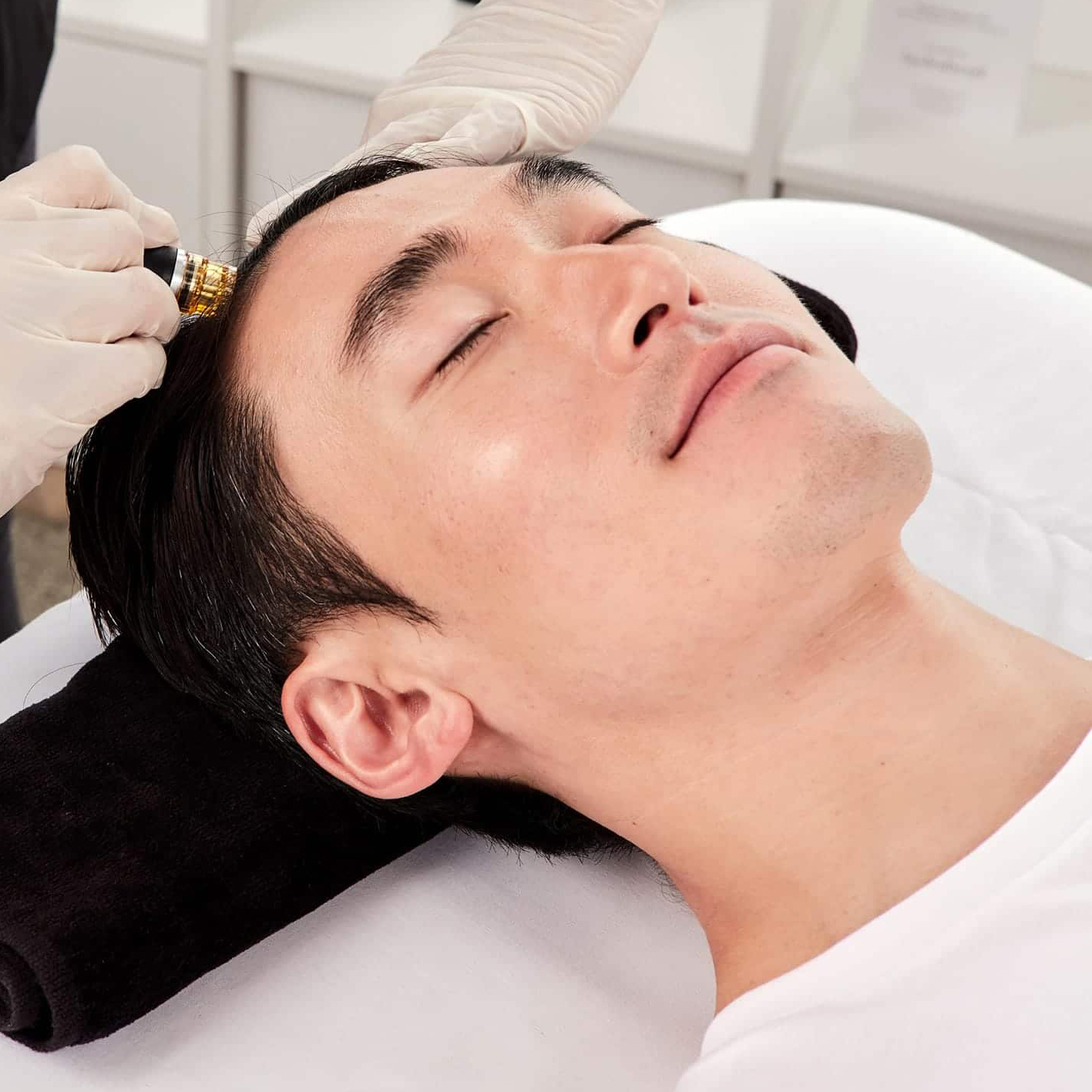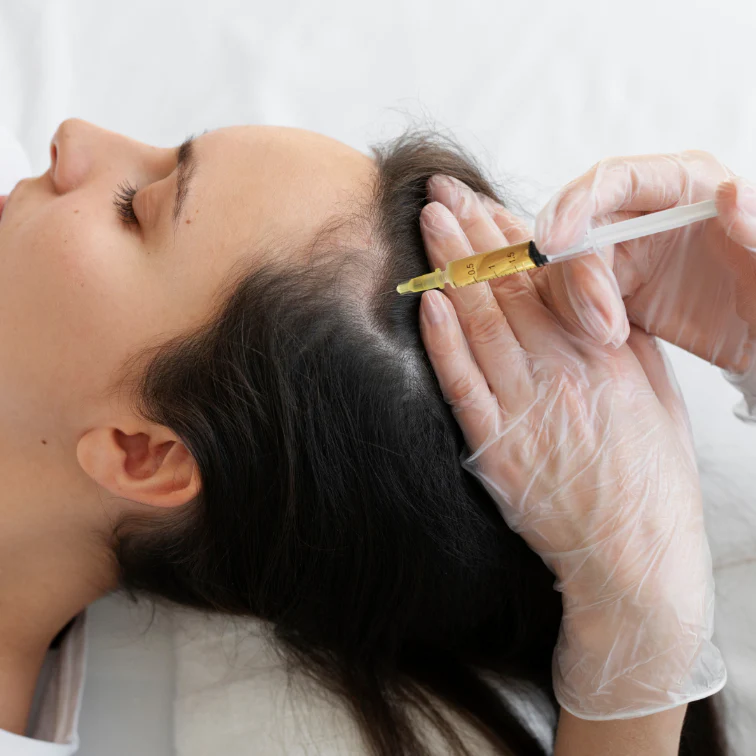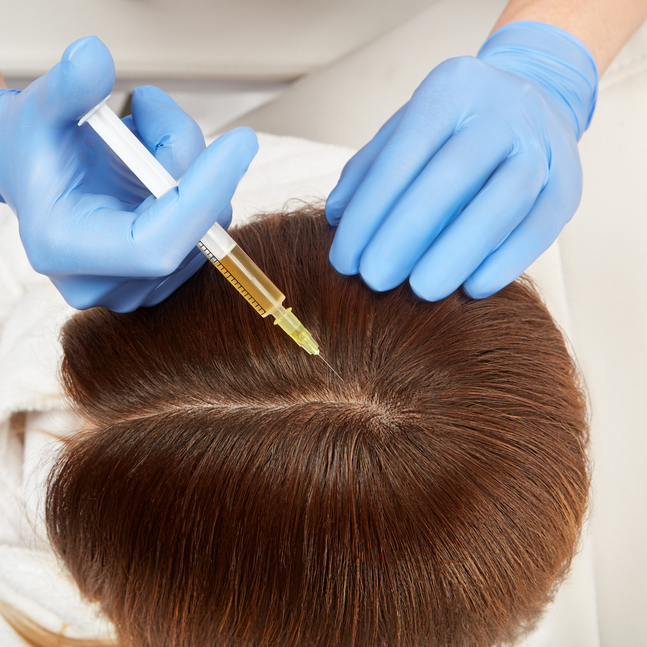Hair Loss
Hair loss refers to the condition where hair falls out from the scalp. It is a common issue that can affect people of all ages and genders. Hair loss can manifest in various forms, including thinning hair, receding hairlines, or bald patches. The severity and pattern of hair loss can vary widely.

RECOMMENDED TREATMENTS
Hair Reboot
Welcome to the ultimate solution for detoxifying and stimulating hair growth – Hair Reboot. Our innovative treatment is designed to not only cleanse your scalp of toxins but also promote healthy hair growth, leaving you with revitalized locks and renewed confidence.
Exosome Hair
Exosomes are gaining attention as a potential treatment for hair loss due to their ability to promote hair growth and improve hair health. Their ability to stimulate hair growth and enhance hair health has drawn significant interest in the medical community.
PRP Hair
A PRP facial treatment is a more natural cosmetic treatment that involves injecting platelet-rich plasma (PRP) into the face. PRP is a component of blood that contains growth factors and other proteins that promote healing on a cellular level. When injected into the skin, PRP can help improve texture and tone, reduce wrinkles, and encourage new collagen growth
The treatment for hair loss depends on the specific cause of the condition. Here are some common approaches:
Lifestyle Changes:
Maintain a balanced and nutritious diet rich in vitamins, minerals, and proteins.
Manage stress through practices like meditation, yoga, or other stress-reducing activities.
Proper Hair Care:
Avoid using harsh chemicals on the hair, such as dyes and perms.
Use hair care products suitable for your hair type.
Medications:
Minoxidil: An FDA-approved over-the-counter medication for treating hair loss. It is applied topically.
Finasteride: A prescription medication primarily for men that helps prevent hair loss by inhibiting the action of a hormone.
Laser and Light Therapies:
Laser therapies stimulate hair cell activity and improve scalp elasticity.
Red light devices are often used to stimulate hair conditions.
Microneedling:
Involves using small needles to create tiny wounds on the scalp, stimulating collagen production and improving scalp elasticity.
Hormonal Treatments:
For women experiencing hormonal-related hair loss, medications such as those for diabetes or hormonal therapies may be helpful.
Surgery:
Hair transplant surgery involves removing hair follicles from one part of the body (usually the back or sides of the head) and transplanting them to the balding areas.
Addressing Underlying Health Issues:
If hair loss is related to health issues such as thyroid disorders, high blood pressure, or any other underlying condition, addressing these health problems may help with hair loss.
It’s essential to consult with a healthcare professional or a dermatologist to determine the cause of hair loss and develop an appropriate treatment plan. They can provide a personalized approach based on your specific condition and medical history. Keep in mind that results may vary, and not all treatments are suitable for everyone.

